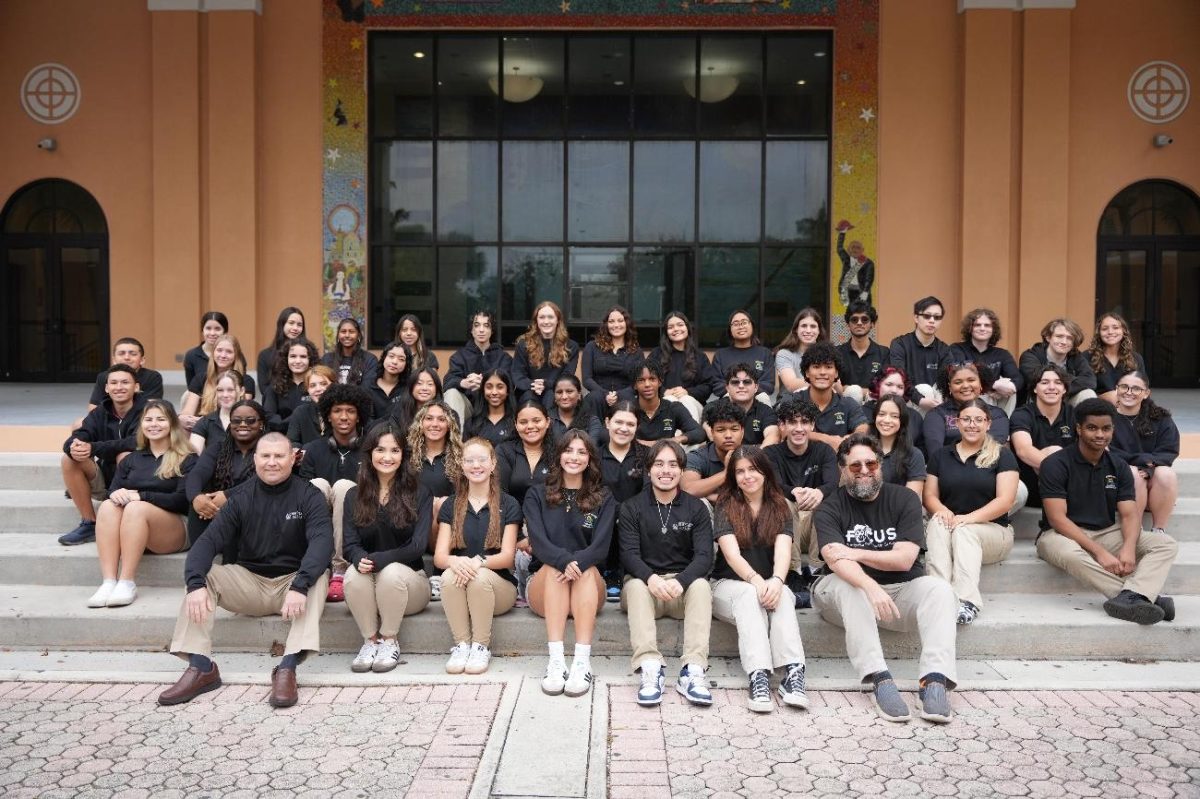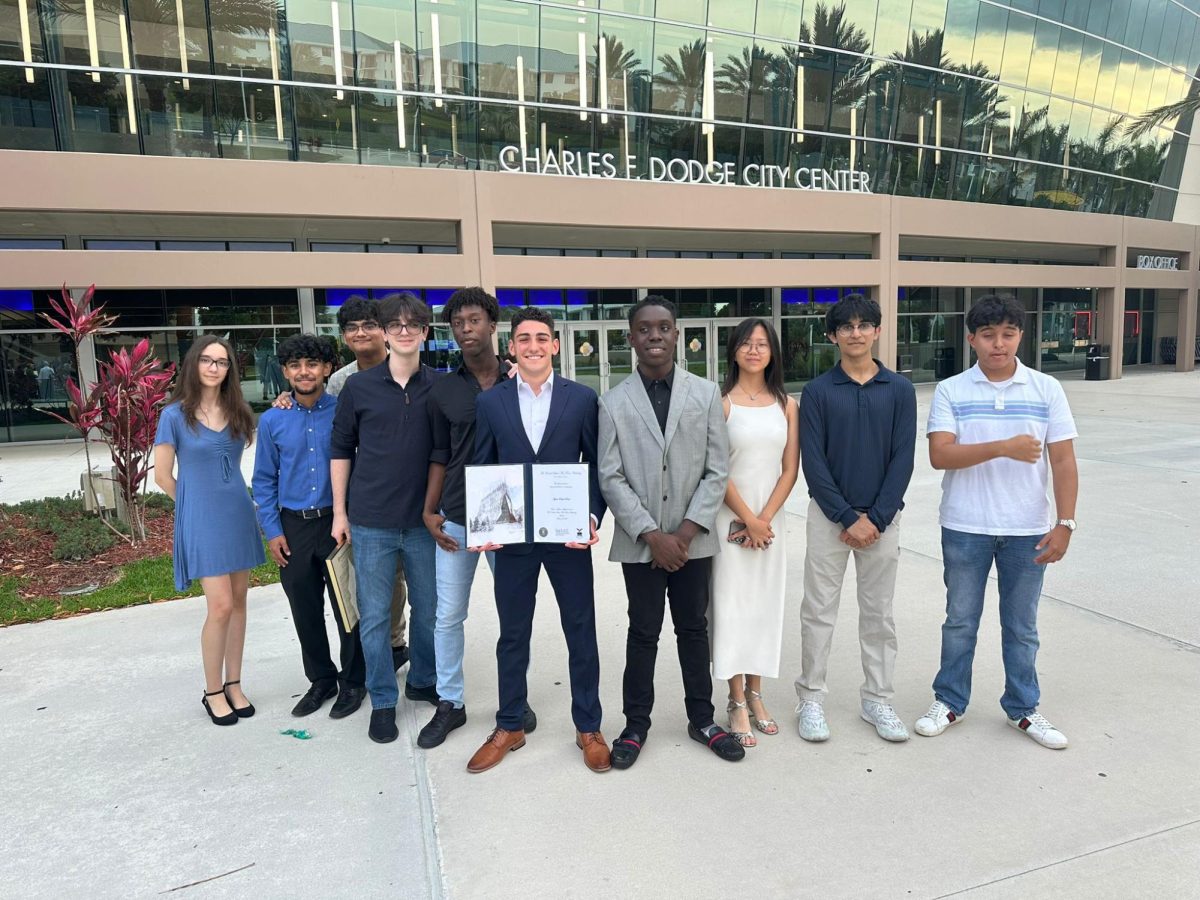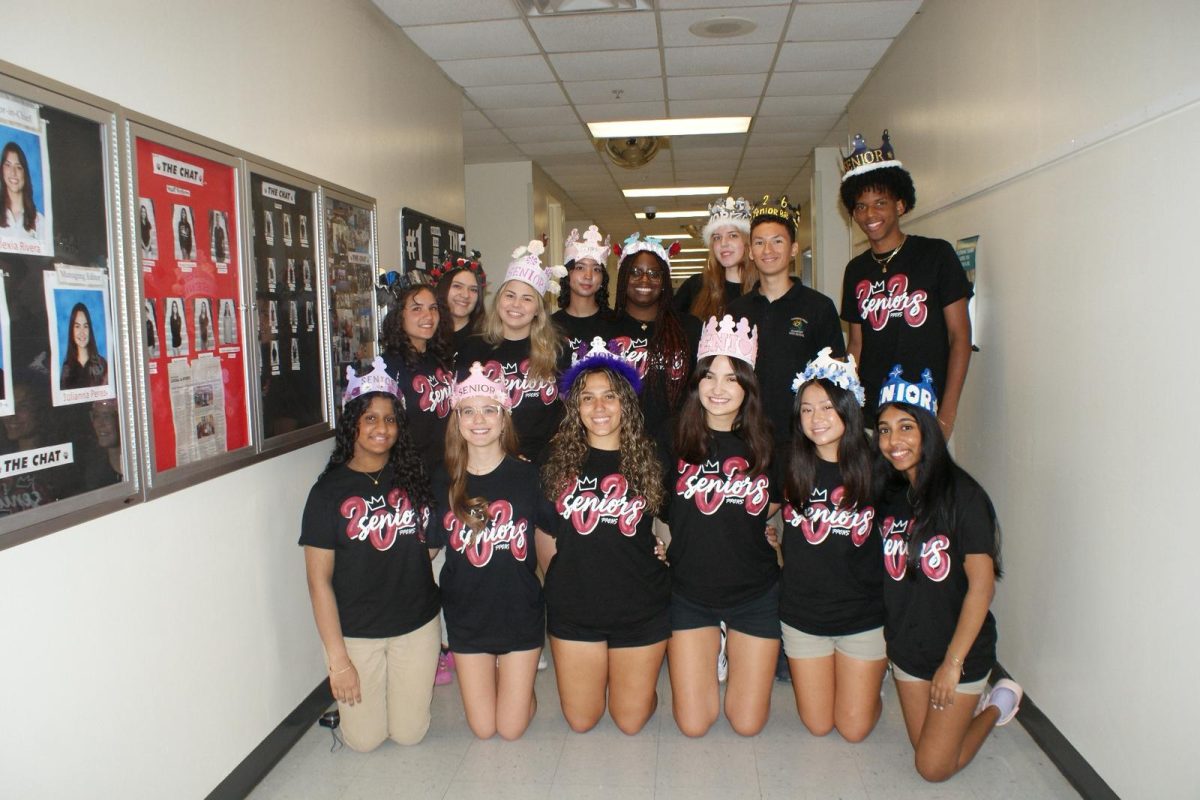On an early school morning, sometimes the only strength tired students gain is when they consume a cold coffee or energy drink. However, teens have recently been relying too much on caffeine to keep them awake. With that, students who drink harmful drinks are likely to face detrimental effects to their bodies.
The idea of caffeine originated during the 15th through the 18th centuries and it slowly got to be more widespread in parts of China and Europe. Friedlieb Ferdinand Runge was the chemist who discovered this psychoactive drug and he was determined to understand its effects on the body. Unexpectedly, coffee and tea at the time were used in religious settings where different ethnicities would use these drinks to help meditate or stay awake for prayer.
Since caffeine intake keeps on increasing, parents want to know the true reason why teens are so attracted to it. Sophomore Nckayla Boodoosingh feels that without caffeine, she’s a lot less energized and motivated. “My body normally [gives out due] to the tiredness [I feel during] school,” she explained. Furthermore, teens are able to find caffeinated beverages very easily as there are many options that can help satisfy their cravings.
With there being a variety of Starbucks and Celsius drinks, teens often want to try each of the flavors that these companies have, causing them to get more addicted each day. Large companies also use celebrities and new songs in their advertisements so younger crowds can be more attracted to the unhealthy beverages.
Although teens should only be having 100 milligrams of caffeine in a day, even with that amount they can still face high consequences. It is most common for people to have physical reactions such as their bodies starting to shake and their teeth starting to get stained yellow. Not to mention, teens’ bodies and brains are not fully developed yet, so caffeinated drinks will further delay any advancements.
Other mental effects may occur to a teen when they overload themselves with caffeine. This may include issues such as trouble sleeping, high blood pressure, lack of focus, heart complications and so much more.
Additionally, there is a social influence that comes along with having these choices of refreshments. Boodoosingh revealed, “I think my caffeine addiction started at around five years old when I first got interested in my parents drinking coffee. I had been curious up until the age of 12, which is when I was allowed to have my first cup of coffee.”
Even though everyone has a different caffeine tolerance, it is crucial to know when it has become too excessive with energy or caffeinated drinks. Junior Sneha Mathews explained that “[one of] the best things to do is prioritize better sleeping habits.” Similarly, staying active and choosing safer drink options can help with the bad habits as well.
At the end of the day, the fancy cappuccino names and bubbly energy drinks can only do so much for a growing teenager. “[After] I stopped consuming all forms of caffeine, I’ve definitely felt a difference in my mood and lifestyle,” Mathews confidently stated. The bursts of energy from caffeine are only temporary, but the effects from it are what truly can last a lifetime.








